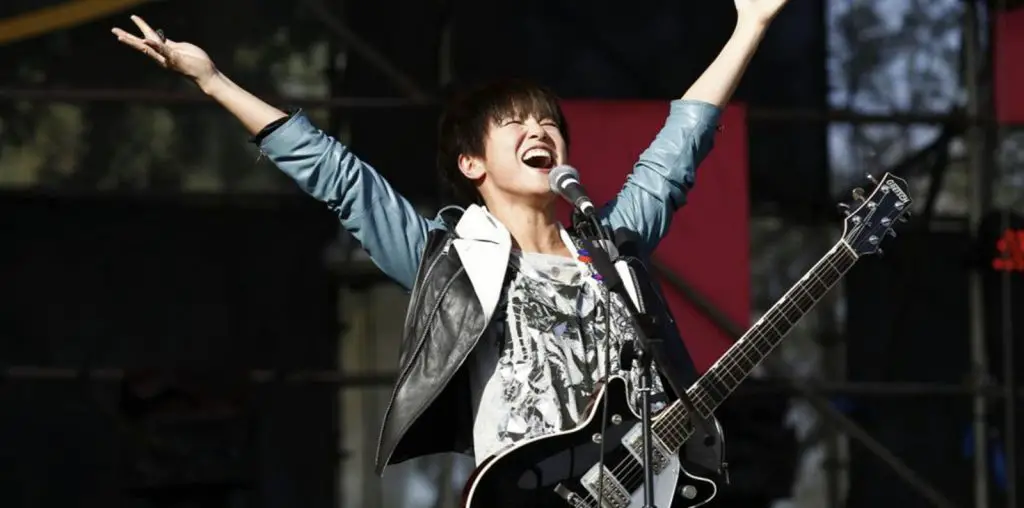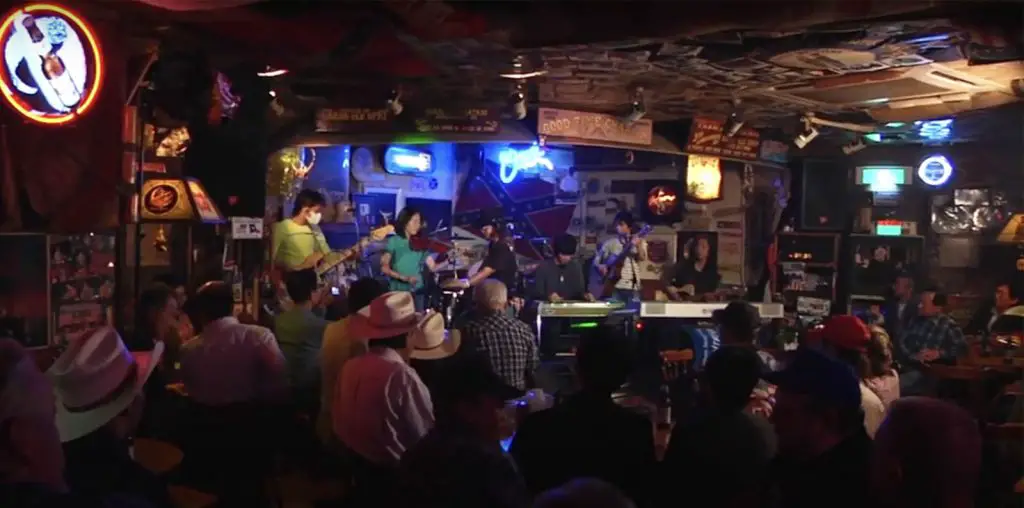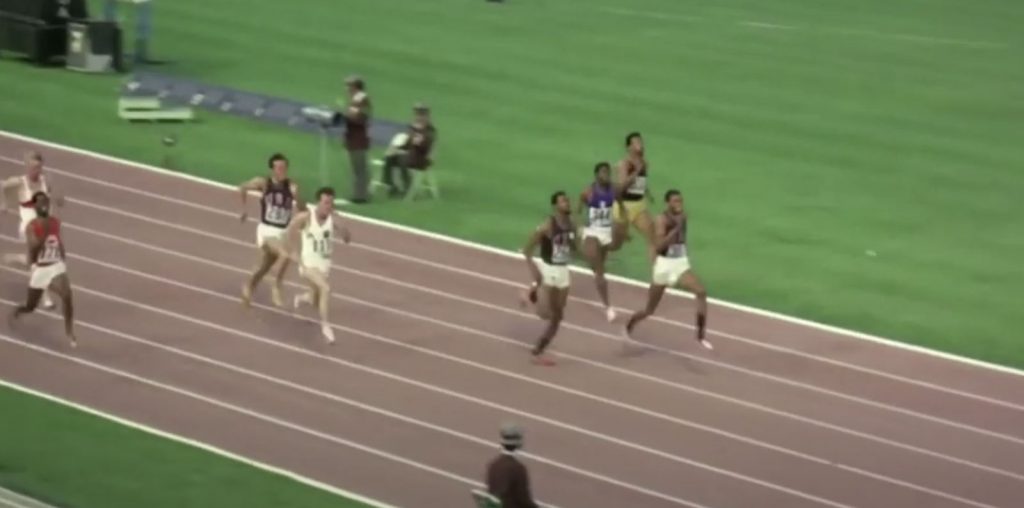
Until 1997, Hong Kong was a hands-off British colony that lived under the tenets of the liberalized world. They enjoyed freedom of speech, democratic elections, capitalism, separation of powers, and many more liberties that the ‘free world’ so often takes for granted. In the 20th century, while the Chinese people buckled under Communism’s red right hand, Hong Kong’s economy and culture flourished (for years, it had the third biggest film industry in the world). In 1997, England returned Hong Kong to China, under the condition that Hong Kong was to remain autonomous under a one-country/two-systems model for 50 years. Since then, the authoritarian Chinese government has gradually rolled back Hong Kong’s freedoms, thus breaking its promise, slowly swallowing the territory like an anaconda feeding on a water buffalo.
But Hong Kongers aren’t having it. That’s the subject of We Have Boots, a documentary that details the massive, grassroots opposition to China’s growing control over Hong Kong. In 2014, non-violent protests surged when China decided it wanted a say in the election of Hong Kong’s Chief Executive and would pre-screen candidates. These protests became known as the Umbrella Movement, due to the use of umbrellas as a way to defend against tear gas. The Umbrella Movement eventually morphed into the Be Water movement (Bruce Lee’s words), in which protesters take a more fluid approach, occupying a specific place for a planned amount of time, then quickly dispersing for a new area, to avoid police/ mob violence.
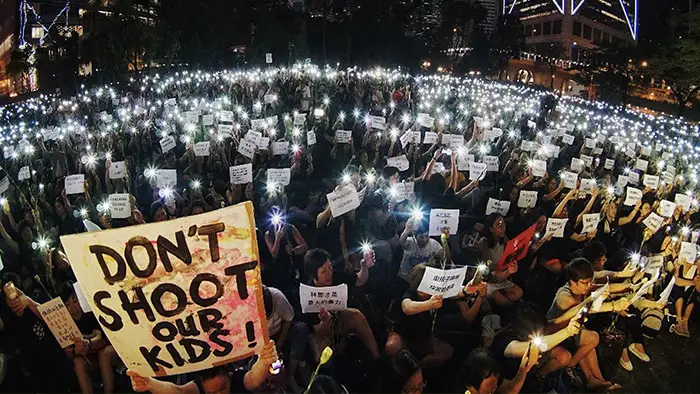
“…the authoritarian Chinese government has gradually rolled back Hong Kong’s freedoms…”
The documentary runs through Hong Kong’s struggle from ’97 all the way up to May of this year, using news and cell phone footage to show the enormity and passion of the opposition and its character. Artists flavor the streets with drawings of Abraham Lincoln and Martin Luther King, muscles nearly bursting through their shirts—superheroes of Western freedom. Considering the Chinese government blames foreign influence for the “insolence” of Hong Kongers, Western imagery is often evoked—not only as symbols of liberty but as a middle finger to China.
While the opposition to China is essentially leaderless, certain names have risen to the surface. Among them are Benny Tai, Agnes Chow, Denise Ho, Shiu Ka-chun, and Chan Kin-man, all of whom feature in the documentary. Some are university professors, and others are barely university age, but they’re all equally dangerous in the eyes of the Chinese Communist Party (CCP).
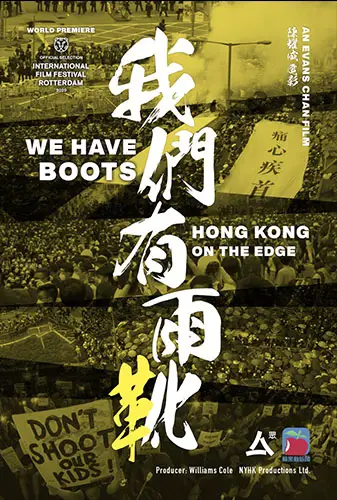
"…some documentaries are topical, while others are literally occurring as we speak."
